The year 2019 was a very special one for the Concord Consortium and we’re delighted to present the year in review with our top 10 news stories.
1. We Celebrate Our 25th Anniversary!
On August 18, 1994, we signed our bylaws and the Concord Consortium officially came into being. We were thrilled to celebrate our 25th anniversary this year! We brought our East and West Coast offices together for two days of team building and brainstorming. We wore our beautiful logo and even put our anniversary logo on cupcakes. You know what they say — you are what you eat, so we’re all sugar and company pride. #HappyAnniversary #Happy25th
2. We Announce 25 Teacher Ambassadors
To commemorate our 25th anniversary, we recognized 25 outstanding teachers who have included our digital inquiry resources into their kindergarten to high school STEM classrooms. We congratulate our Teacher Ambassadors on their innovation and creativity in their classrooms and their lives. From authors to ultra-long-distance runners, world travelers to home gardeners, this is a truly amazing group of educators.
3. We Design for the Future of Data Fluency
From our Designing 2030: Thinking & Doing with Data meeting in January to Chad Dorsey’s Perspective on the history and future of data fluency in the fall issue of @Concord, we continue to spearhead the field of data science education, catalyzing action and making important advances in the classroom. Open data and innovative technologies (think CODAP) are transforming the way we teach and learn science and broaden participation by more learners. Help us bring about the data science education revolution:
- Learn why it’s critical that educators pay explicit attention to data moves in a new article in Technology Innovations in Statistics Education. Using data moves, students group or filter data, reorganize a dataset or merge it with others, calculate summary measures, and more, all in order to explore data in new ways to ask questions and solve problems.
- Our dynamic data science activities are making a splash. Jo Boaler and the team at Youcubed include these activities in their curated set of data literacy resources to inspire, educate, and empower math teachers with accessible and practical information and activities.
4. We Publish Influential Research
Our articles appeared in the Journal of the Learning Sciences, Science Education, Science Scope, The Science Teacher, Journal of Geoscience Education, Technology Innovations in Statistics Education, British Journal of Educational Technology, Journal of Mechanical Design, and Computers & Education. We also wrote two book chapters. Learn about all our research in educational technology.
5. We Welcome Seven Amazing New Employees
Chris Lore, Kevin Santos, Sarah Haavind, Steve Roderick, and Sarah Curtis joined us in our Concord, Massachusetts, office, while Seth Van Doren and Matt Lewandowski made our Emeryville, California, office their new home. (We’ll get your photo in the New Year, Matt!) We’re working coast-to-coast to ignite large-scale improvements in teaching and learning through technology. Learn more about us and our mission.
6. We Win Awards and Accolades
We’re proud to announce that our innovative educational software continues to be recognized.
 Our High-Adventure Science module “What is the future of Earth’s climate?” was selected by the Climate Literacy and Energy Awareness Network (CLEAN) as a high-quality resource that addresses climate and energy-related topics and is aligned with the Climate Literacy Essential Principles or Energy Awareness Principles. The module passed an extensive peer review process that verified the accuracy and currency of the science.
Our High-Adventure Science module “What is the future of Earth’s climate?” was selected by the Climate Literacy and Energy Awareness Network (CLEAN) as a high-quality resource that addresses climate and energy-related topics and is aligned with the Climate Literacy Essential Principles or Energy Awareness Principles. The module passed an extensive peer review process that verified the accuracy and currency of the science.- The Thermonator: The Matter Maker was a finalist for an edTech Award. Developed by the Sensing Science project, this app helps learners as young as kindergarten age explore the particle world and states of matter.
- Math Understanding in a Digital Collaborative Environment won a Facilitators’ Choice award in the 2019 STEM for All Video Showcase. With Michigan State University, the Digital Inscriptions project is developing and researching a digital curriculum platform to help middle school students deepen and make visible their understanding of mathematics through collaboration.
- Charles Xie and University of Arkansas doctoral student Molla Hafizur Rahman earned the Robert E. Fulton Best Paper Award from the Computers and Information in Engineering Division of the American Society of Mechanical Engineering at the 39th ASME CIE Conference.
7. We Develop New Geoscience Models
We introduced three new innovative tools for teaching and learning in the geosciences. Seismic Explorer is a visualization of real-world earthquake, volcanic eruption, and plate motion data. Students can look for patterns in up-to-date seismic data from the United States Geological Survey (USGS) and volcanic eruption data from the Smithsonian Institution Global Volcanism Program as well as explore three-dimensional cross sections to investigate earthquake depth patterns. By examining the relationship among earthquake, volcanic eruption and landform distributions, students can build hypotheses about the behavior of tectonic plates around the world.
With the 3D dynamic Tectonic Explorer model, students investigate how the movement of tectonic plates and their interactions shape a planet’s surface features, such as mountains, trenches, and volcanoes. Tectonic Explorer features a complex system of interacting tectonic plates around a simplified, Earth-like planet. Students can change the properties of plates such as density, direction of movement and locations of continents. By experimenting with the model, students are able to observe plate interactions on a global scale, allowing them to see the interplay between convergent, divergent, and transform boundaries.
The Hurricane Explorer model allows students to investigate how different variables change a hurricane’s track and intensity. Students are able to adjust the location and size of high and low pressure systems and seasonal variables such as wind and sea surface temperature, observing how a hurricane’s category changes as it moves along its track. Students are also able to explore the ways in which wind strength, precipitation, and storm surge hazards impact people in the path of a hurricane. Overlay map displaying population density and storm surge levels help reveal how hurricane hazards can impact people and their communities.
We’d like to thank our partners at Penn State, National Geographic, and TERC for their invaluable help in designing these tools!
8. We Present Resources and Research Across the Map
We presented our free resources and research at over 55 sessions at NARST, NSTA, NCTM, AERA, American Society for Engineering Education, International Conference on Computer Supported Collaborative Learning, ISTE, GLOBE, Building Learning Communities, New England Association of Chemistry Teachers, Geological Society of America Annual Meeting, Connected Learning Summit, CSforAll Summit, and more. We look forward to meeting more of you across the globe in 2020! Register now for our Professional Learning Institute at NSTA 2020: Using Technology to Conduct Investigations and Model Scientific Phenomena.
9. We Collaborate with Top-Notch Partners
Our incredible collaborators have enhanced our many groundbreaking projects. We partner with universities and educational nonprofits to pioneer new STEM curriculum and pedagogies in the fields of probeware and other tools for inquiry, STEM models and simulations, data science education, analytics and feedback, and engineering and science connections, and invite experts in their fields to our advisory boards. In another sort of collaboration, the Concord Consortium’s Board of Directors welcomed two new members this year: Nichole Pinkard, Associate Professor at the School of Education and Social Policy at Northwestern University, and Pam Pelletier, Science Education Consultant and former Director of K-12 Science and Technology/Engineering at Boston Public Schools.
10. We Announce Tinker Fellow 2020 Nicholas Horton
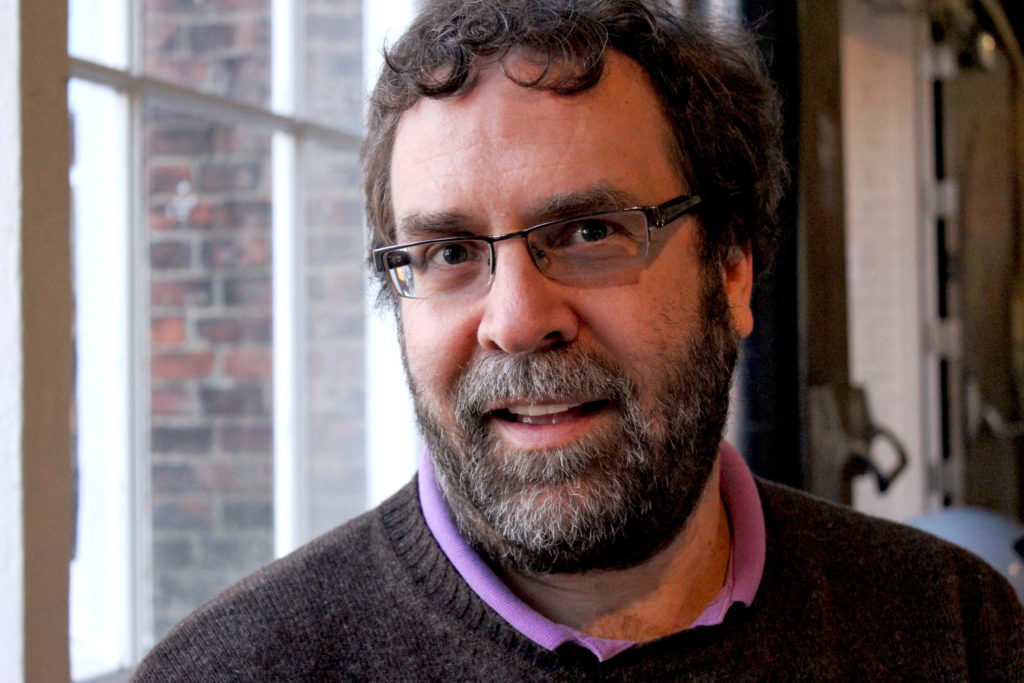
We are delighted to announce Nicholas Horton as our 2020 Tinker Fellow. The Beitzel Professor in Technology and Society (Statistics and Data Science) at Amherst College, Nick is an applied biostatistician with research interests in statistics and data science education. He uses computation to allow students to explore, model, and communicate insights from data. Nick is Co-PI of the NSF-funded Project MOSAIC, Co-PI of the NSF-funded Data Science WAV (Data Science for Social Good), and co-author of the CRC Press book “Modern Data Science with R.” He also works with the National Academies to identify structures to support undergraduate data science education. He plans to use his time in residence as a Tinker Fellow at both our Concord, Massachusetts, and Emeryville, California, offices to collaborate with our CodeR4MATH and CODAP projects and use these platforms to advance the field of data science exploration.
The Fellowship was created to honor Robert F. (Bob) Tinker, founder of the Concord Consortium and president until 2009, who passed away in June 2017. Bob saw in technology the power to revolutionize how people learn and teach, and he continually pushed the limits of educational technology and pedagogies, pursuing ever more innovative ideas with new collaborators and partners.
11. Bonus: We Share News and Stories on Our Blog and Social Media
Though this is a top 10 list, we couldn’t resist one more. We’ve been blogging throughout this incredible year and sharing stories about plate tectonics and volcanoes, IR cameras, hurricanes, citizen science, evolution, and even how to crush a 67,000 pound oil tanker. And, of course, we blogged about each one of our amazing Teacher Ambassadors! Be sure to read our Blog and sign up for automatic notifications when there’s a new posting, and follow us on Twitter, Facebook, LinkedIn, and YouTube.
One thought on “The Concord Consortium’s Top 10 News Stories from 2019”
Comments are closed.
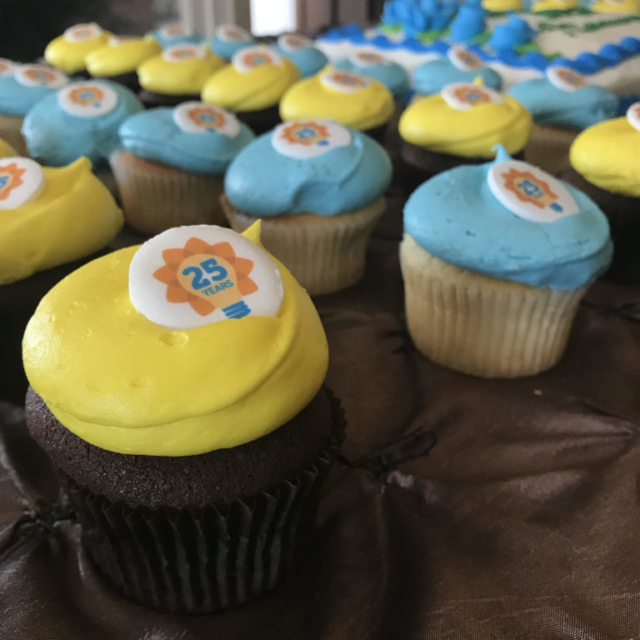
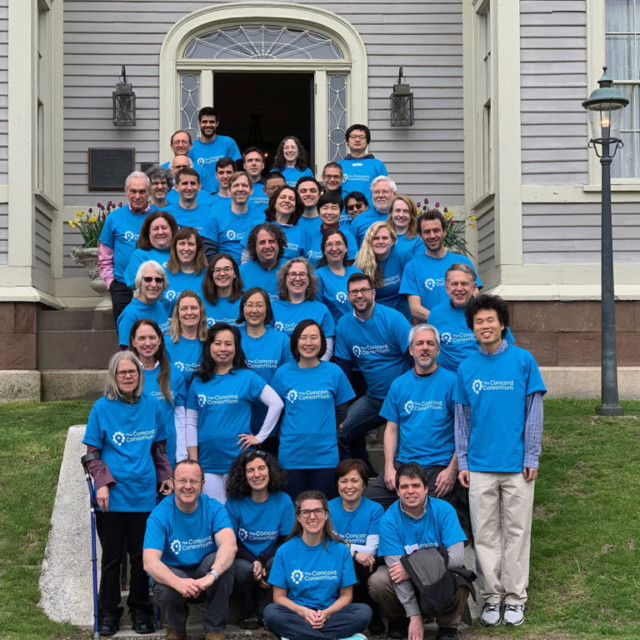
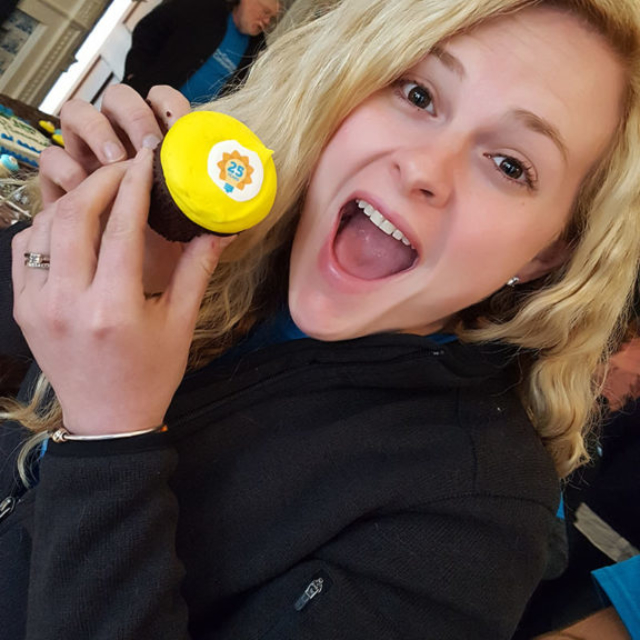
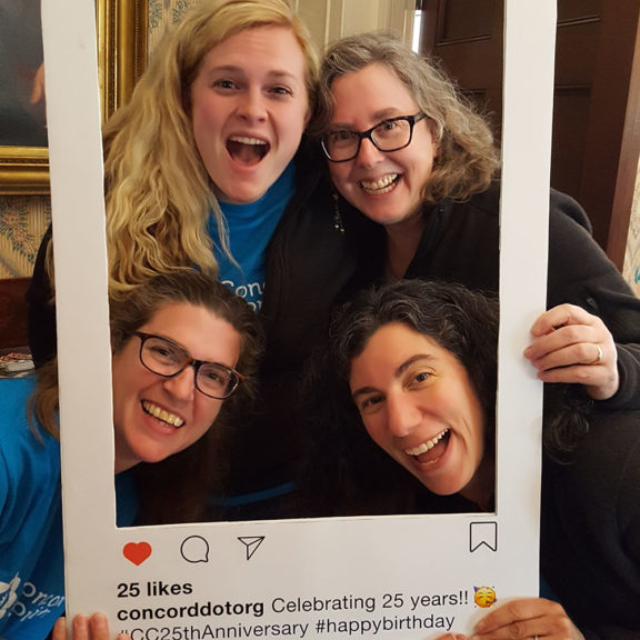
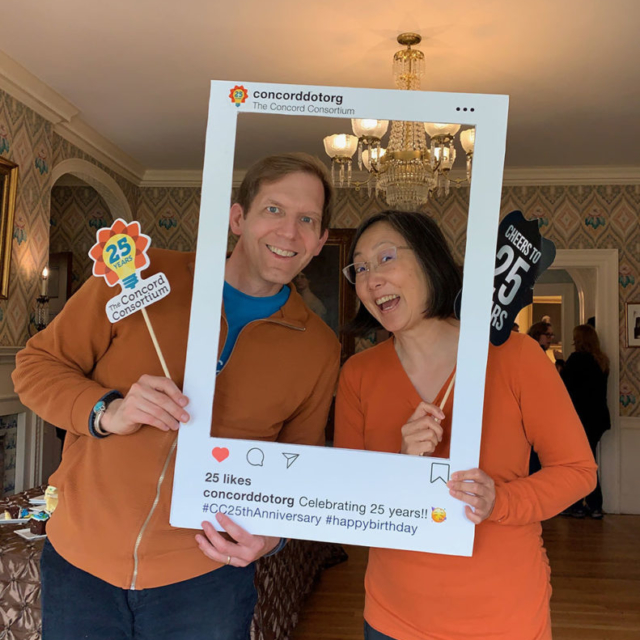
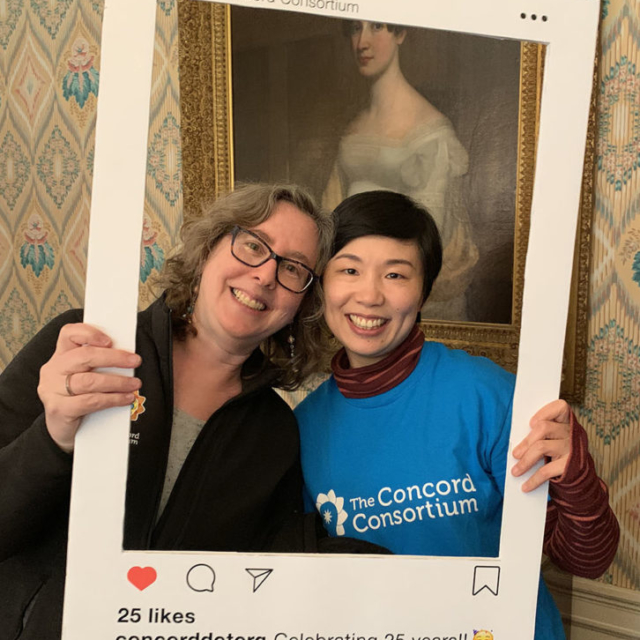
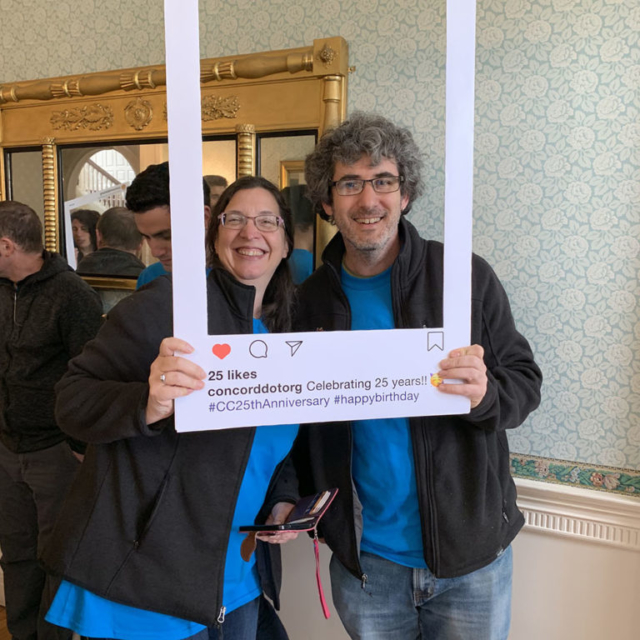
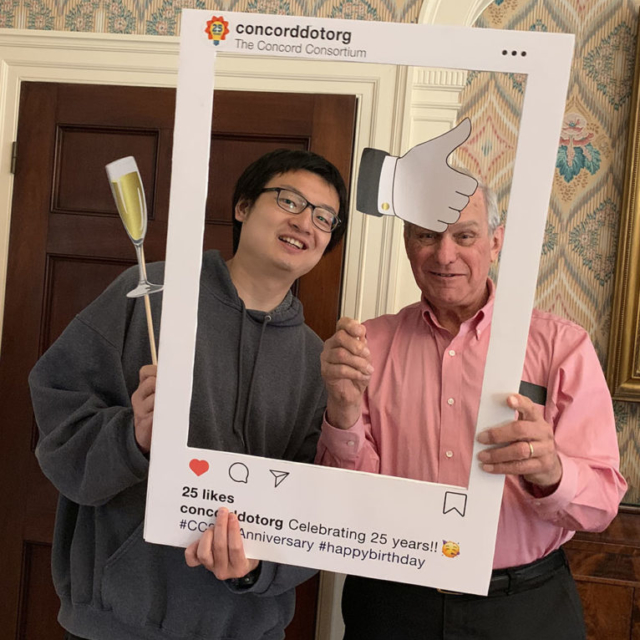
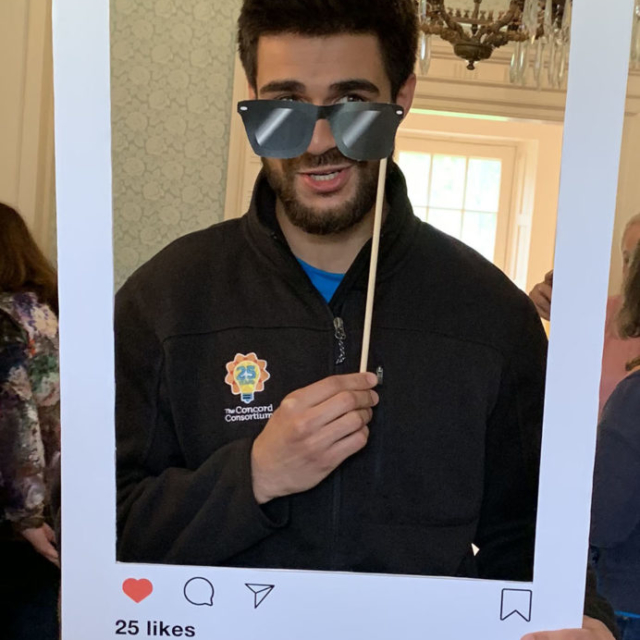
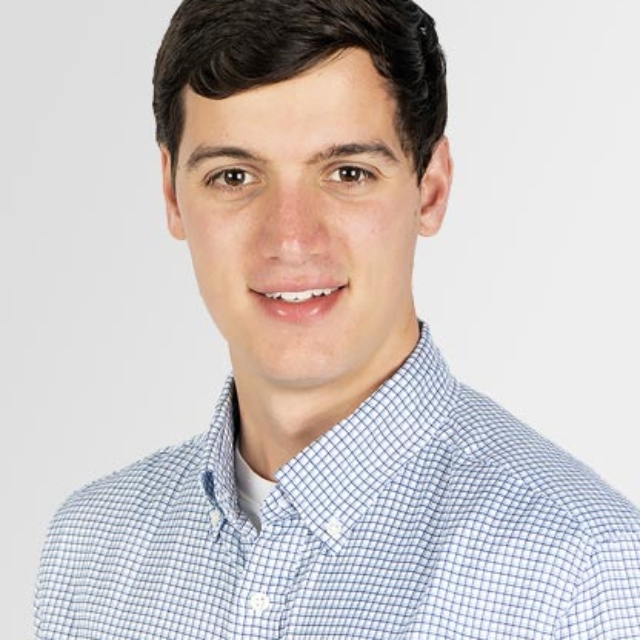
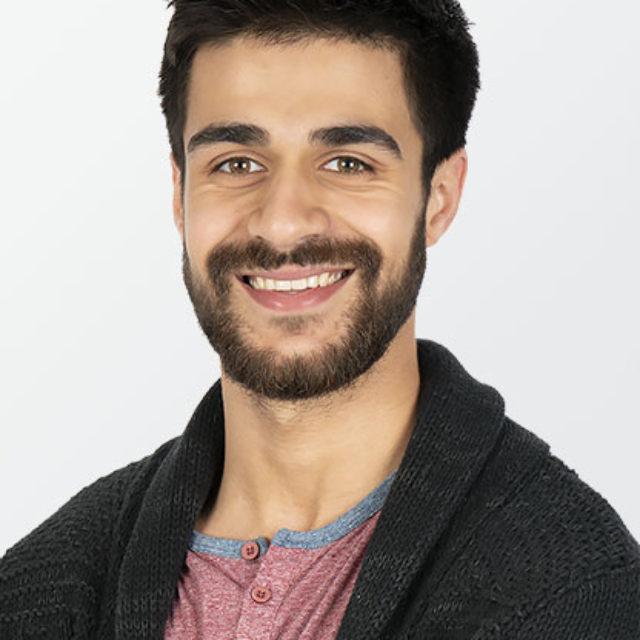
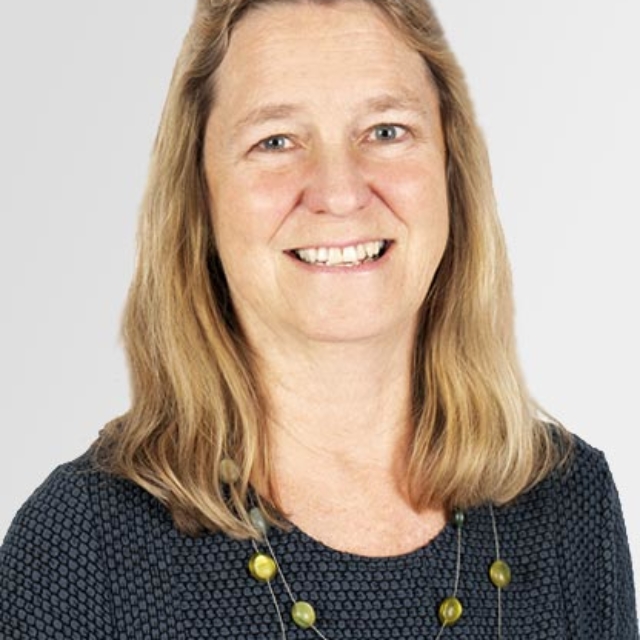
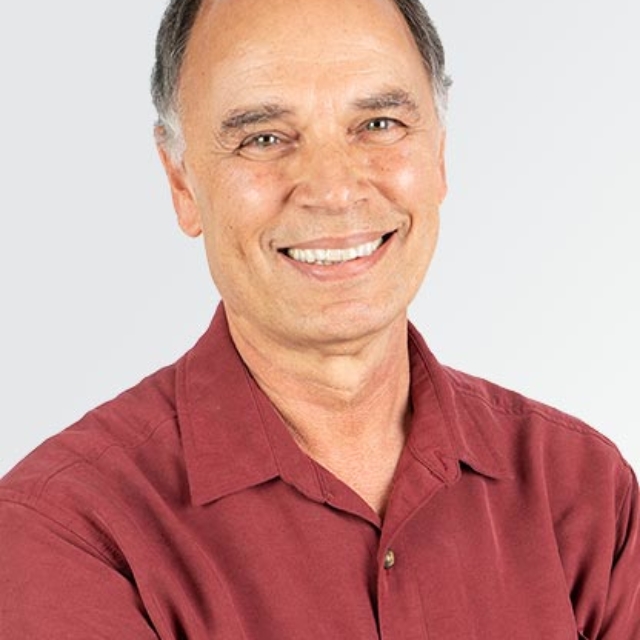
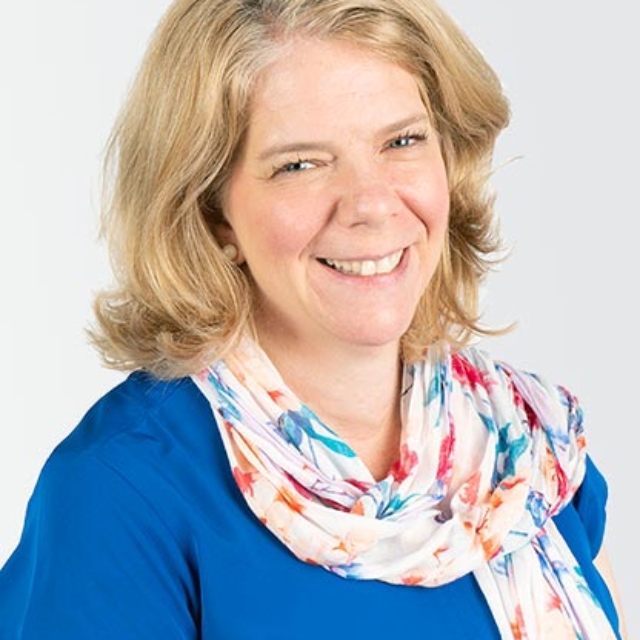
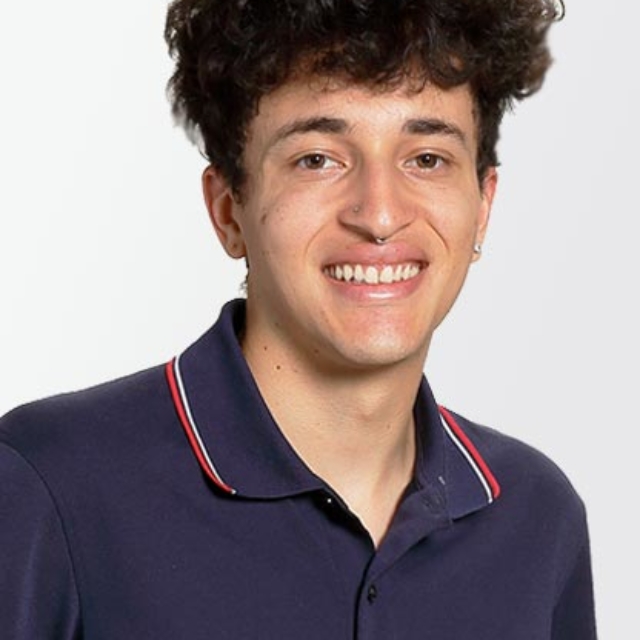
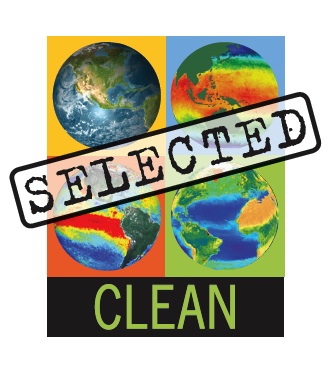 Our High-Adventure Science module “
Our High-Adventure Science module “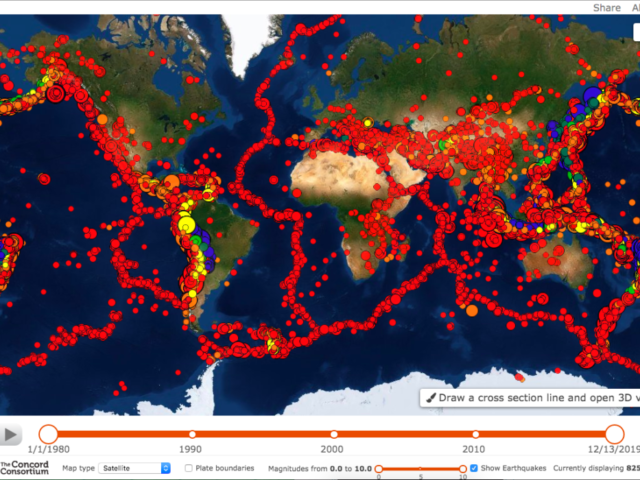
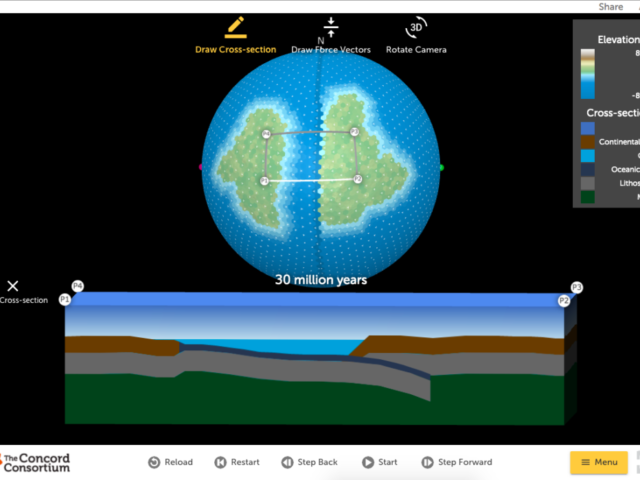
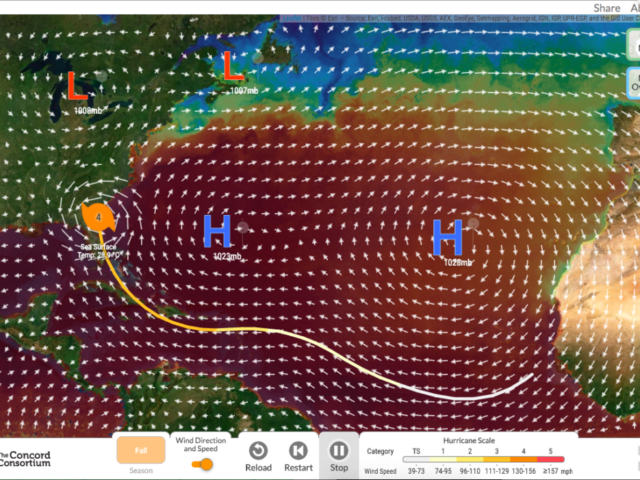
I am really looking forward the 2020 in education. I’m excited that I have found you as an influential resource in my global teaching.